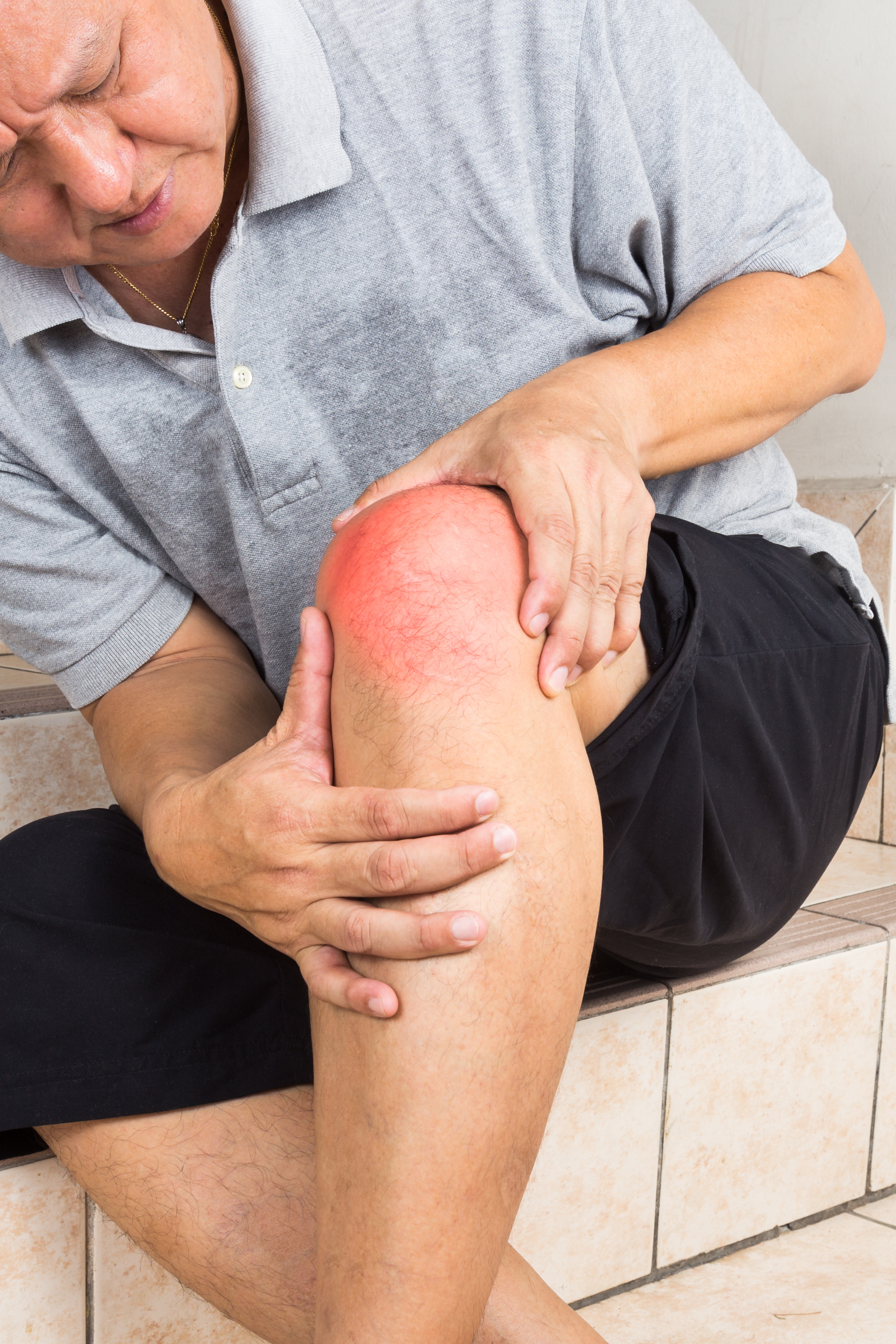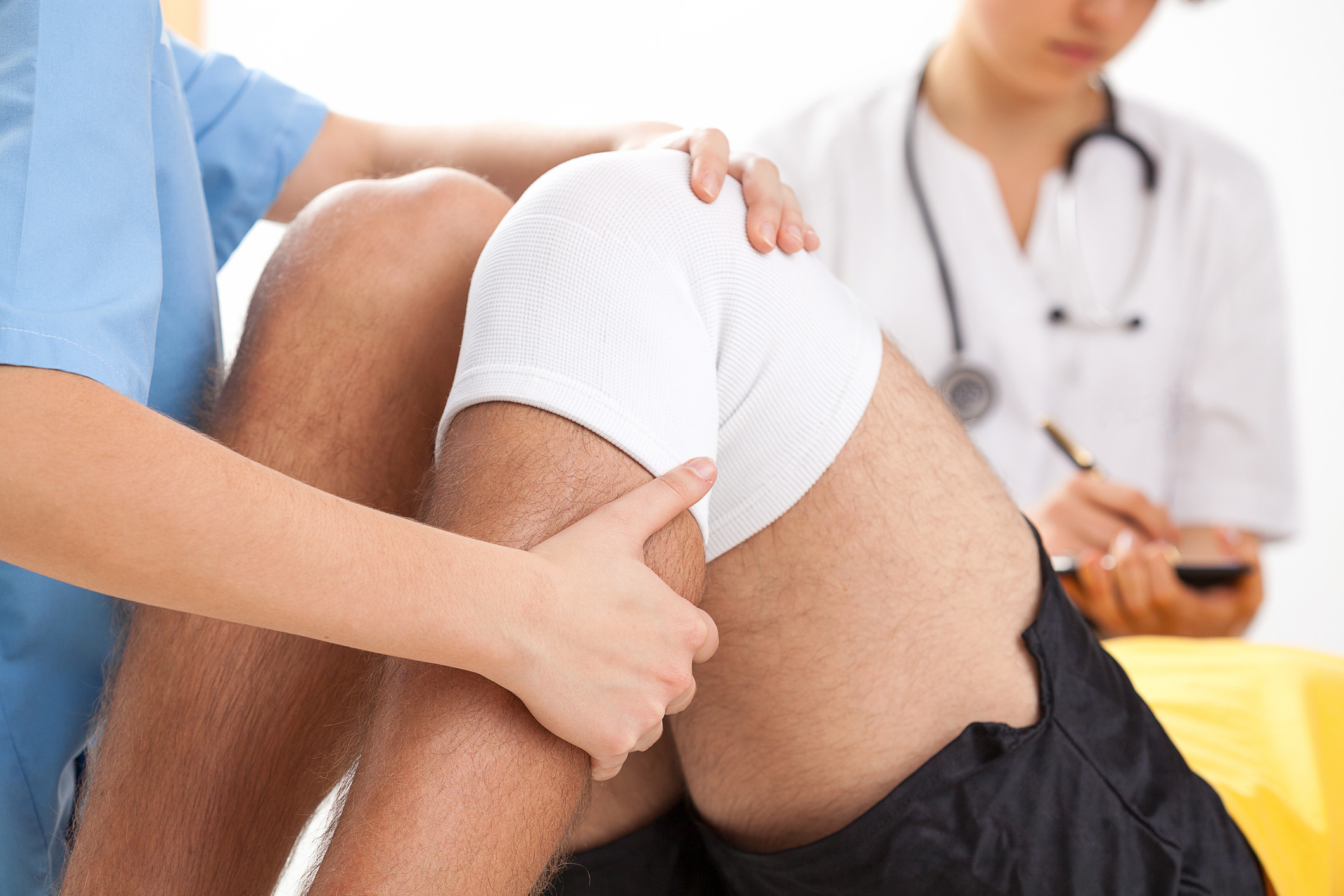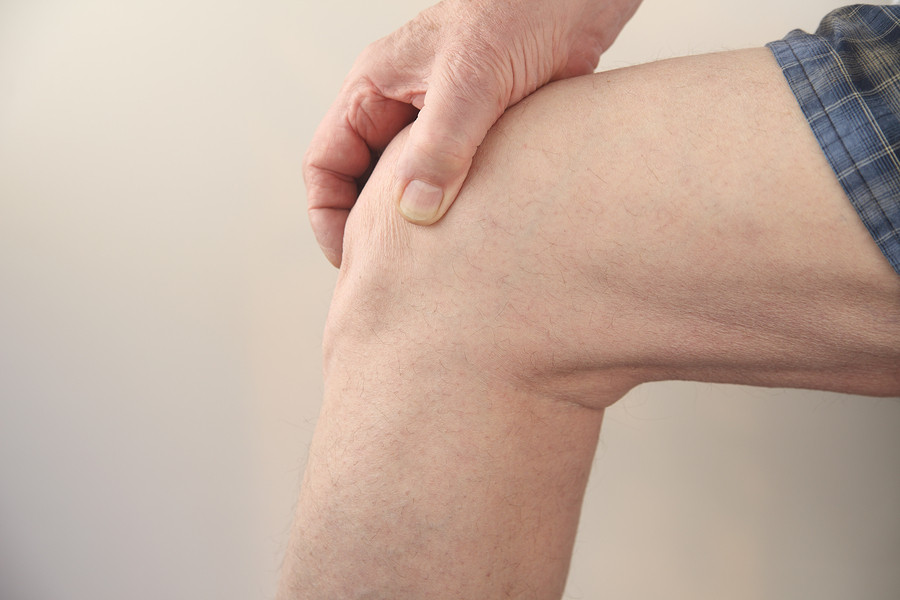
Driving with arthritis pain: Stay comfortable — and safe — behind the wheel

Daily cup of coffee may prevent afib recurrence

Gene-editing therapy lowers harmful blood fats in early study

What is EMDR therapy, and who can it help?

GLP-1 drugs versus bariatric surgery for treating obesity

Two dumbbells, three exercises, and 10 minutes

Easing the emotional burden of IBS

Modify your push-ups to meet your fitness level

What is long QT syndrome?

Stroke survivors may benefit from very low LDL levels
Arthritis Archive
Articles
Put your best foot forward
Here's what you can do about the three most common foot issues related to aging.
When our feet hurt, we hurt all over. That saying is often attributed to the Greek philosopher Socrates, and it's as relevant today as it was more than 2,500 years ago.
"Our feet are our vehicle to an active lifestyle," says Dr. Christopher DiGiovanni, chief of the Foot and Ankle Service at Harvard-affiliated Massachusetts General Hospital and Newton Wellesley Hospital. "If your feet are not sound and healthy, it's tough to keep the rest of you healthy, too."
Does arthritis pain change with the weather?
Ask the doctors
Q. My friend insists that her arthritis pain gets worse just before it rains. Is it true that joint pain can intensify based on the weather?
A. Despite what your friend, your grandmother, and generations of people have sworn is the case, experts haven't found consistent evidence that arthritis pain gets worse on rainy days. At best, study results over the years have been mixed, and one large, recent study seems to cast doubt on the theory.
Bumps on finger joints may hint at knee problems
Research we're watching
If you have an arthritis-related condition called Heberden's nodes, you may be at higher risk for arthritis-related knee problems, according to a study published online January 9 by Arthritis & Rheumatology.
Heberden's nodes develop when cartilage in the fingers wears away, causing the bones to rub against one another. This prompts new bone to form, creating bony nodules in the knuckles closest to the fingertips.
Surgery-free pain relief for hips and knees
Hip and knee pain can keep you from the activities you love, as well as make routine tasks difficult. But there are many ways to get you moving again pain-free, without surgery. Here are some of the treatments that can help relieve hip and knee pain.
Ultrasound, phonophoresis, and iontophoresis
Therapeutic ultrasound is a simple procedure that uses sound waves to increase blood flow, relax muscle spasms, and aid healing that leads to faster hip pain relief and knee pain relief. The therapist applies gel to your skin and moves an ultrasound wand over your skin around the painful area. In a special ultrasound technique called phonophoresis, medication (often hydrocortisone) is added to the gel. In a survey of orthopedic physical therapists, more than half said they would use ultrasound and phonophoresis to reduce soft-tissue inflammation (in tendinitis or bursitis, for example). These techniques are also used to manage pain, heal tissue, and help muscles stretch.
Are you at risk for osteoarthritis?
Osteoarthritis, the most common form of arthritis, occurs when protective cartilage inside a joint wears down. This type of arthritis is unheard of in children and is rare in young adults, but often occurs in older people and people who are overweight. Because of this, osteoarthritis was long considered a natural product of aging and everyday wear and tear on joint cartilage.
However, many experts now believe the cause is much more complex. External factors, such as injuries, can set the stage for osteoarthritis, but how fast it progresses and how severe it becomes depends on a number of factors. Here are just a few factors that can increase your osteoarthritis risk.
Arthritis drugs do little for sufferers’ mental health
In the journals
Many people with rheumatoid arthritis (RA) also deal with ongoing depression and anxiety related to their pain and disability. While drugs used to treat the disease help alleviate the joint pain and stiffness, a recent study suggests they may not extend to improving patients' mental health.
The findings, published online June 6, 2018, by Arthritis & Rheumatology, reviewed more than 70 clinical trials and found only a small association between various drugs used for RA, such as adalimumab (Humira), rituximab (Rituxan), abatacept (Orencia), and tocilizumab (Actemra), and mental health outcomes in patients.
4 ways to put off joint replacement
A desire to stay active and a natural aversion to pain send nearly 800,000 Americans to orthopedic surgeons each year for a hip or knee replacement. And we're seeking these operations much earlier in life. According to Dr. Scott Martin, associate professor of orthopedic surgery at Harvard Medical School, this isn't a healthy trend. "A lot of joint replacements are being done because they can be," says Dr. Martin.
Every surgical procedure carries the risk of complications — or even death. Because the average joint that's replaced only lasts 10 to 15 years, having the procedure done at age 50 instead of 70 means there's a good chance you'll need a second procedure when you're older and at higher risk for complications.

Driving with arthritis pain: Stay comfortable — and safe — behind the wheel

Daily cup of coffee may prevent afib recurrence

Gene-editing therapy lowers harmful blood fats in early study

What is EMDR therapy, and who can it help?

GLP-1 drugs versus bariatric surgery for treating obesity

Two dumbbells, three exercises, and 10 minutes

Easing the emotional burden of IBS

Modify your push-ups to meet your fitness level

What is long QT syndrome?

Stroke survivors may benefit from very low LDL levels
Free Healthbeat Signup
Get the latest in health news delivered to your inbox!
Sign Up











